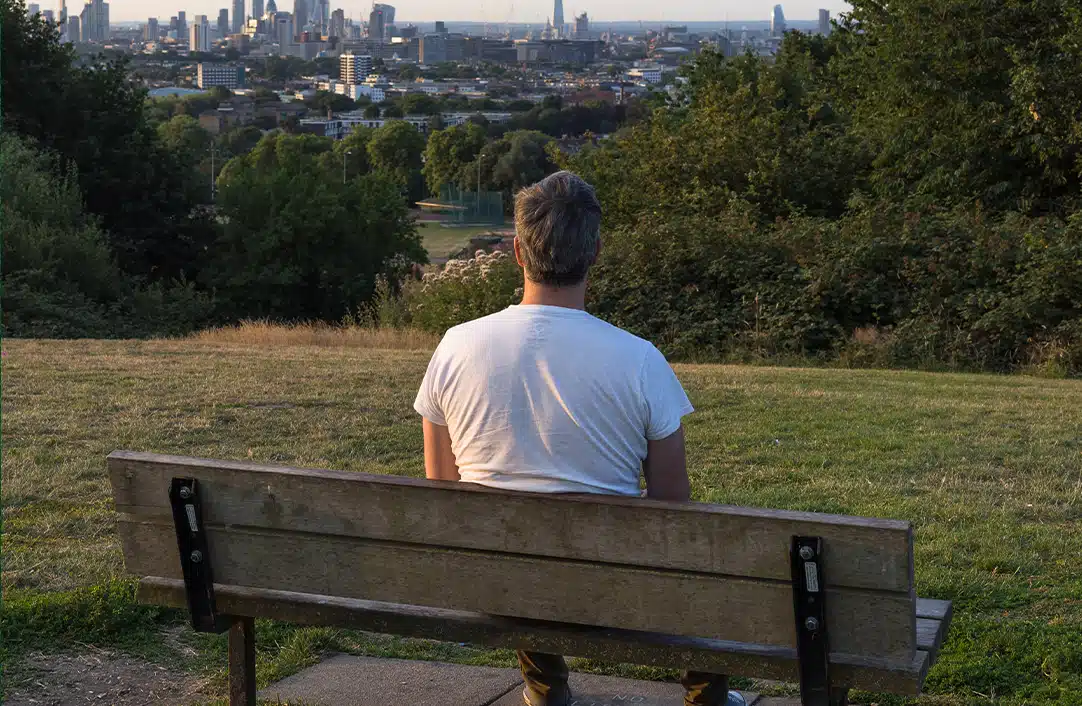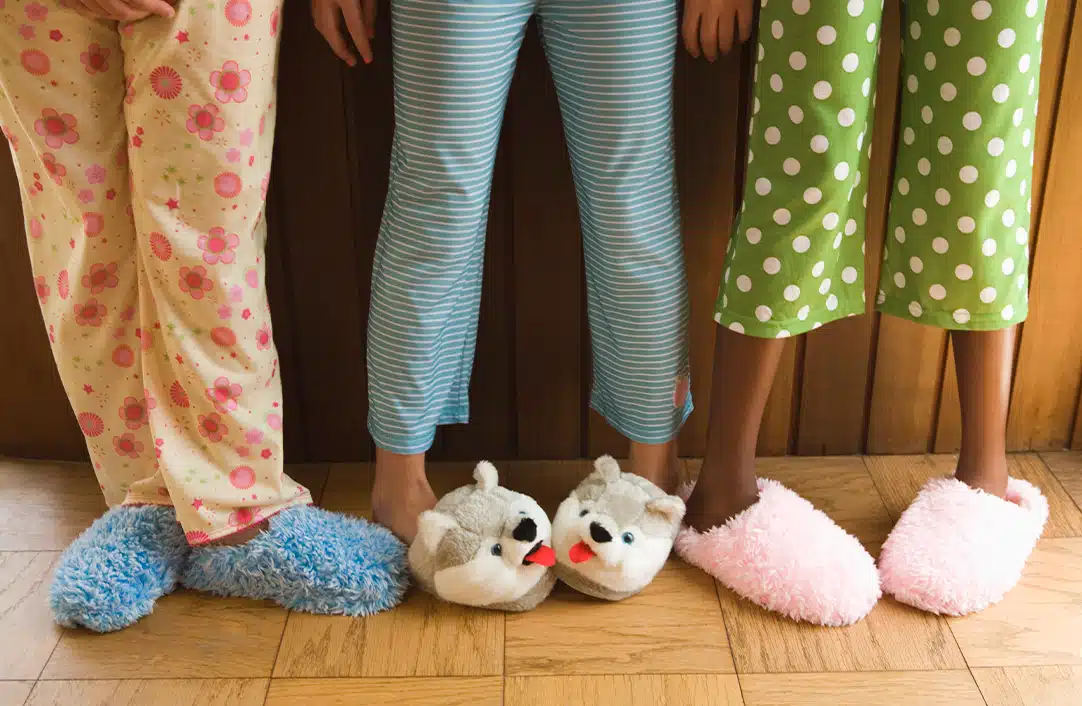What Is Child Sexual Abuse?
Child sexual abuse is widespread. It occurs across all socioeconomic statuses, religions, and cultures. It is an adverse childhood experience that has long-lasting effects on a survivor’s mental, emotional, physical, and relational well-being. The National Child Traumatic Stress Network defines child sexual abuse as “any interaction between a child and an adult (or another child) in which the child is used for the sexual stimulation of the perpetrator or an observer. Child sexual abuse can include both touching and non-touching behaviors.”1
Child Sexual Abuse Statistics
1 in 5 children is sexually abused before reaching age 18. In the U.S., this equates to more than one million children who will be sexually abused this year.2
The ubiquitous nature of child sexual abuse can make it feel overwhelming or impossible to prevent it. However, you can take actionable steps to help prevent child sexual abuse.
Child Sexual Abuse Prevention
While discussing child sexual abuse prevention, keep in mind that the responsibility of preventing abuse always falls on adults. Although children can take steps to reduce risk, it is always an adult’s responsibility to provide a safe environment for, take care of, and teach children.
At Saprea, we believe that proactive parenting is an important tool in preventing child sexual abuse. A positive relationship and secure attachment with your child can be powerful. This requires bonding with your child, modeling and teaching the management of emotion, and having and encouraging open communication. Dive deeper into how to begin building a more proactive approach to parenting.
Parents can help prevent abuse through screening potential caregivers for safety and setting boundaries for the adults in their children’s life. A child is more likely to be sexually abused by someone they know. In 80% of cases children report knowing the person who abused them.3 Even environments that feel safe can carry risk. Trust your intuition and take measures to increase the safety at family gatherings and other social events. Pay attention to the way others interact with the children around you. Look out for grooming behaviors and other potential red flags.
Education can reduce the risk of child sexual abuse and empower children. Teach children about body boundaries, safe touch, and consent. Educate them on what to do in an uncomfortable or unsafe situation. Communicate boundaries with your children and help them practice asserting those boundaries. Talk about age-appropriate topics relating to sex and sexual development early and often and model open communication within this context.
Signs of Sexual Abuse in Children
Knowing the signs of child sexual abuse can help us recognize when a child may be at risk, and needs help. Some signs of child sexual abuse are a drastic change in their social, emotional, or physical behaviors.4 Recognizing the signs can be easier when you know the typical stages of child sexual development. If children are acting abnormally or presenting differently than a typical sexual developmental stage for their age, it may be time to investigate further. Reporting any suspected abuse is a key piece of prevention. It is important to act if you suspect child sexual abuse.
In conclusion, preventing child sexual abuse requires a combination of awareness, education, and action. Parents and caregivers must take steps to protect their children and the children around them from sexual abuse by setting boundaries, screening potential caregivers, establishing open communication, teaching children, and reporting any suspected abuse. As each adult takes on their role and we work together, we can create a safe environment for our children and prevent the devastating effects of child sexual abuse.
If you have experienced child sexual abuse, healing and hope is possible.
About the author
Kristen Grant
Clinical Therapist
Recent blogs

Male Sexual Abuse

What to do if a Sex Offender Moves to Your Neighborhood?


